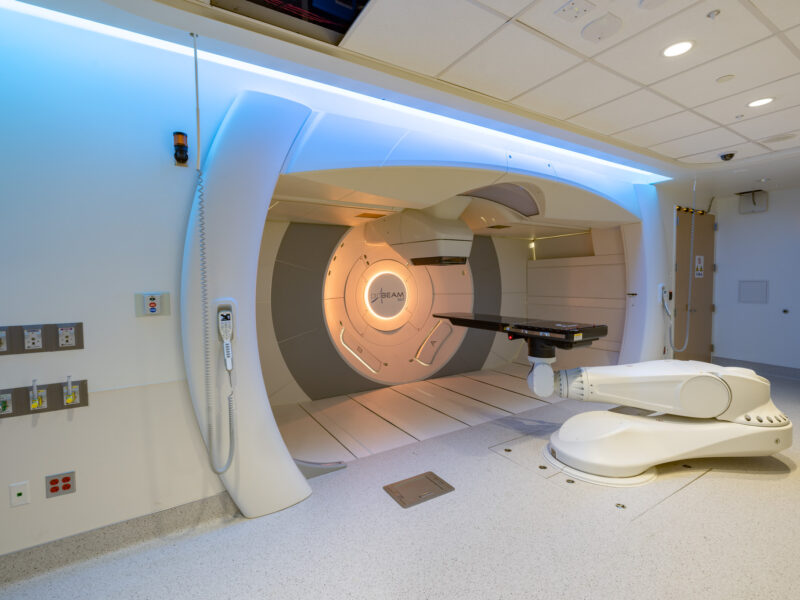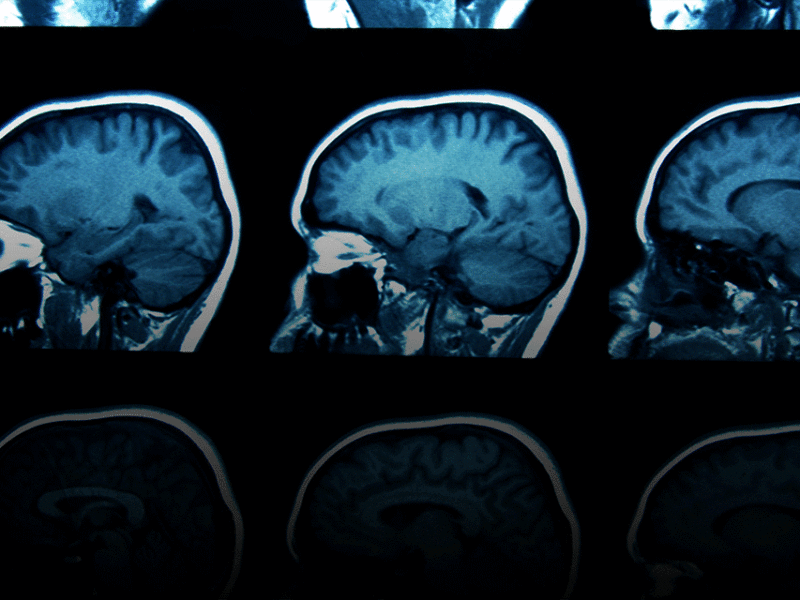Administering NK Cells Post-Transplant Improves Relapse in Myeloid Malignancies
Administering NK Cells Post-Transplant Improves Relapse in Myeloid Malignancies https://pediatricsnationwide.org/wp-content/themes/corpus/images/empty/thumbnail.jpg 150 150 Mary Bates, PhD Mary Bates, PhD https://secure.gravatar.com/avatar/c6233ca2b7754ab7c4c820e14eb518c8?s=96&d=mm&r=g- September 01, 2021
- Mary Bates, PhD
A Phase I/II clinical trial demonstrates donor-derived NK cells are safe and effective at decreasing relapse and increasing survival in adults with myeloid malignancies.
Haploidentical stem-cell transplantation can be a successful treatment for patients with myeloid malignancies, but relapse remains a common risk. Natural killer (NK) cells are a subset of lymphocytes capable of recognizing and eliminating malignant and virally infected cells. Post-transplant, there is a lot of variability between individuals in the number and functioning of NK cells.
A group including researchers from Nationwide Children’s have been working for nearly a decade on improving transplant outcomes in these patients through the administration of NK cells. In a previous Phase I study, they demonstrated that a transplant donor’s NK cells could be grown ex vivo and then safely infused into the patient post-transplant without toxicity or adverse effects.
Recently, these researchers reported the results of a Phase II extension study and long-term follow-up of all patients treated on this clinical trial. The trial involved adult patients, aged 18-65 years, with myeloid malignancies, most commonly acute myeloid leukemia, and was conducted at the University of Texas MD Anderson Cancer Center.
Following their stem cell transplants, the patients received infusions of donor-derived NK cells at three time points. Their outcomes were compared to those of case-matched controls from an international registry of patients with myeloid malignancies who underwent stem cell transplants with no additional NK cell infusions.
In the clinical trial patients, the researchers observed ~100-fold higher NK cell numbers by 30 days post-transplant. After a median follow-up of 24 months, the relapse rate was just 4% compared to 38% among controls, and disease-free survival was 66% in trial patients and 44% in controls. Only one relapse occurred in the study group.
“We improved survival and we almost eliminated relapse,” says Dean Lee, MD, PhD, director of the Cellular Therapy and Cancer Immunology Program at Nationwide Children’s and The Ohio State University Comprehensive Cancer Center-Arthur G. James Cancer Hospital and Richard J. Solove Research Institute.
“It’s exciting because this is the first time in a few decades that a single, additional intervention to transplant has reduced the rate of relapse in patients with all kinds of myeloid malignancies.”
Although this trial was conducted with adult patients, it provides the rationale for a planned pediatric study that is just beginning at Nationwide Children’s. This new study will test the treatment’s effectiveness in children with acute myeloid leukemia.
Using such NK cells to improve outcomes for transplant has potential applications beyond leukemia, says Dr. Lee, who is also a professor of pediatrics at The Ohio State University College of Medicine.
“We are also testing it in neuroblastoma and sarcomas for the same reasons: That if we can improve the numbers and function of NK cells during therapy, then our traditional therapies may work better,” he says.
Reference:
Ciurea SO, Kongtim P, Soebbing D, Trikha P, Behbehani G, Rondon G, Olson A, Bashir Q, Gulbis AM, Indreshpal K, Rezvani K, Shpall EJ, Bassett R, Cao K, St. Martin A, Devine S, Horowitz M, Pasquini M, Lee DA, and Champlin RE. Decrease post-transplant relapse using donor-derived expanded NK-cells. Leukemia (2021). Doi: 10.1038/s41375-021-01349-4.
About the author
Mary a freelance science writer and blogger based in Boston. Her favorite topics include biology, psychology, neuroscience, ecology, and animal behavior. She has a BA in Biology-Psychology with a minor in English from Skidmore College in Saratoga Springs, NY, and a PhD from Brown University, where she researched bat echolocation and bullfrog chorusing.
-
Mary Bates, PhDhttps://pediatricsnationwide.org/author/mary-bates-phd/December 27, 2016
-
Mary Bates, PhDhttps://pediatricsnationwide.org/author/mary-bates-phd/
-
Mary Bates, PhDhttps://pediatricsnationwide.org/author/mary-bates-phd/
-
Mary Bates, PhDhttps://pediatricsnationwide.org/author/mary-bates-phd/






